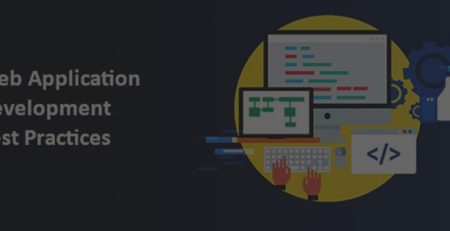June 21, 2019
Article in English only
If you do not need a fully customised corporate website, you might consider using an online site builder with ready-to-use templates. These platforms, offered as Software as a Service (SaaS), provide “simple” turnkey solutions that involve several important considerations:
Examples include:
These cost-effective platforms follow a B2B model with both free and premium features. They require minimal effort and resources but can ultimately trap customers.
Many users are unaware that these services often do not include corporate email creation or related tools directly within their portals. Instead, they subcontract such services to external providers, such as Google.
Significant Disadvantages of These Business Models
- Your website belongs to a company whose real identity you may barely know
- Your website is limited to the options and functionalities offered by the platform
- You are restricted by their available themes and templates
- There is little transparency and no direct contact person
- Your site looks like many others
- You become dependent on a single business model
- You may waste time creating pages using only online tutorials and limited guidance
For Swiss and EU companies, these solutions are often hosted in the USA or in countries with different regulations that may not comply with GDPR and LPD requirements. These platforms frequently use your data for advertising and profiling purposes.
The main issue is that your website will not reflect your unique brand or style but rather the identity of the hosting company itself — especially in terms of SEO. The result is often impersonal and not scalable.
When you decide to optimise your website’s ergonomics or work with a web designer for further development, you will discover it is simply impossible. You cannot modify or customise the source code.
When you create a website with an online builder, you cannot easily choose or change your web hosting provider. Your site will be hosted on their servers, and if they do not allow you to export templates or designs, you are effectively locked into their hosting service.
If the provider becomes unstable, limits your website traffic, or fails to offer support in your language, you will have to rely on chatbots and FAQ pages. Migrating a site designed with such a platform requires many manual adjustments — across front-end, back-end, and databases.
Finally, remember that companies providing site builders can be acquired, change pricing policies, or alter their terms of service without prior notice.
Search Engine Optimisation (SEO) Concerns
Search engines constantly evolve their algorithms. While ranking depends primarily on content and structure, using a site builder can be risky if your website generates revenue and you cannot apply rapid technical changes.
Search engines will often prioritise the company providing your platform. Free or cheap plans frequently insert their publicity on your pages — for example, with Wix — so when someone searches for your business, hidden meta tags (which cannot be removed) will promote their brand instead of yours.
Like Booking.com or TripAdvisor, your website will rarely appear at the top; instead, it will remain behind the platform’s domain or hidden under its promotional content.
Many site builders also provide little flexibility for optimisation. You may be unable to control your website’s responsive version, manage file compression, or edit title and description tags for pages and articles used by search engines.
The Time Factor
Creating a website itself is not what takes the most time when using an online builder.
What truly requires effort is content creation — writing text, articles, and blog posts, as well as producing videos, images, and other elements that bring value to your visitors.
A site builder will not write your content. You will also spend time learning how the platform works and understanding its limitations to make the most of it.
If you rely on AI for content generation, message quality is not guaranteed and is likely to sound impersonal and standardised. Delivering a personal message is crucial to engage readers and reflect your brand’s voice.
Conclusion
Registering a domain name and building a website through an online site builder can offer short-term convenience but is rarely a good long-term solution, particularly for corporate websites. While these platforms make it easy to design visually appealing pages without technical knowledge, they limit your control over data, SEO, and essential technical elements.
A stronger alternative is WordPress, which has evolved significantly since 2003. Its back-office CMS functionalities are elegant, well-structured, highly customisable, and user-friendly. It can be used for blogs, business websites, and e-commerce, and is open-source software under GPLv2+. The new Infomaniak Site Creator is also a solid alternative.
Although online builders make it easy to design a basic site, they restrict your ability to manage your data and prevent full optimisation, including back-end adjustments.
If your website is more than a simple showcase and plays a vital role in your business, prioritise a scalable solution with hosting that can grow with your success and adapt to new technologies.










